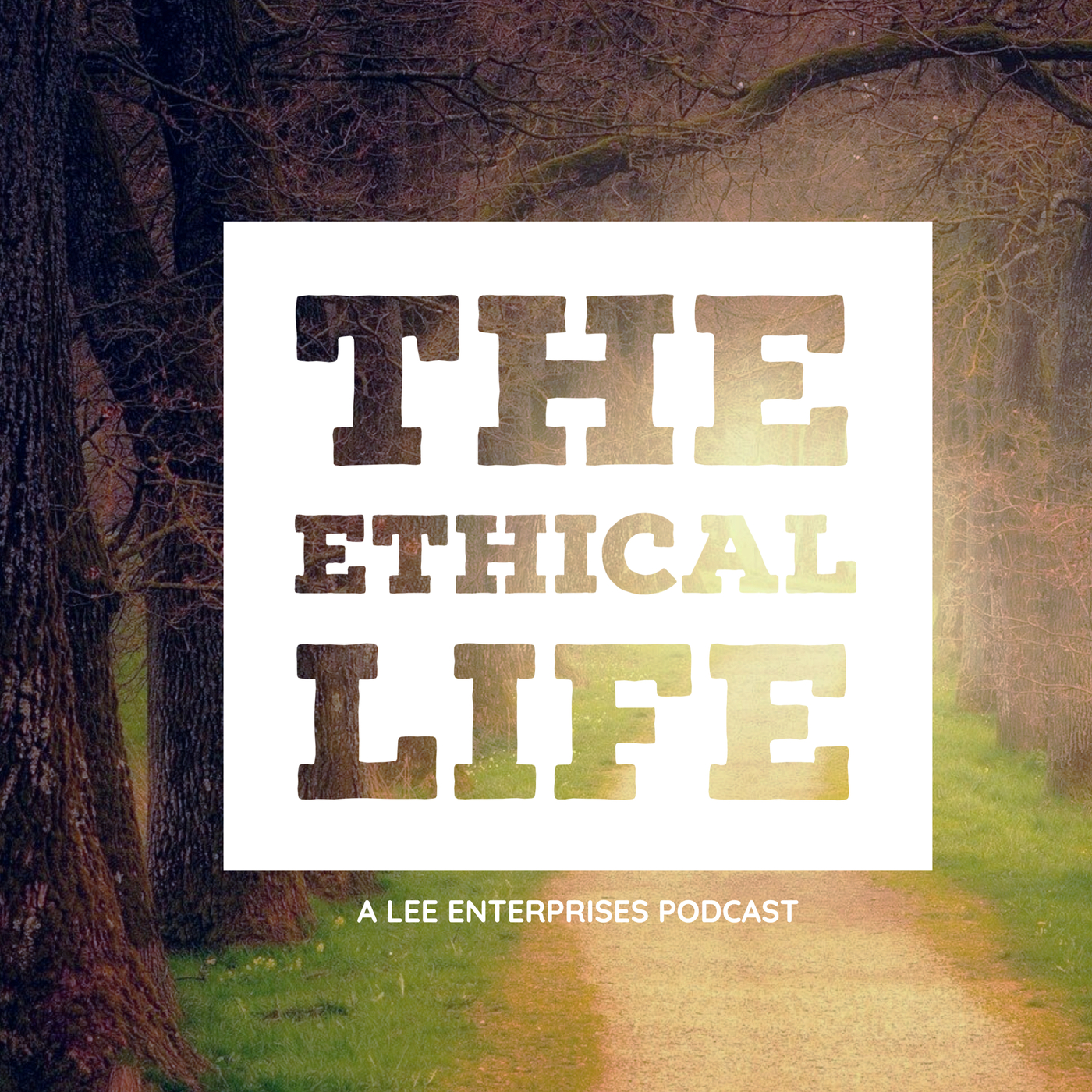About this episode
Published October 15th, 2025, 05:00 pm
Episode 216: New research suggests that nearly 90 percent of what we do each day happens automatically. From brushing our teeth to checking our phones, most of our behavior unfolds on autopilot — a revelation that raises profound questions about freedom, morality and modern life.
Hosts Richard Kyte and Scott Rada unpack what it means to live ethically in a world governed by routine. The conversation begins with a surprising scientific finding: people make far fewer conscious choices than they believe. Instead, daily actions are guided by patterns — some helpful, others harmful — that free the mind to focus on bigger challenges. But if so much of our behavior is habitual, how much responsibility do we really bear for our choices?
Kyte argues that good habits can actually enhance freedom. Structure, he says, allows people to think more deeply, create more freely and act with less friction. Yet, as Rada points out, the same routines that provide stability can also trap us. They share examples from work and home — from office clutter to the comfort of travel — to show how small disruptions can expose what we take for granted.
The episode also moves beyond theory. The hosts examine modern behavior through real-world lenses: the rise of GLP-1 drugs like Ozempic, the decline of smoking and the ethics of technological fixes that reshape human impulses. Each example circles back to the same question — when we let external forces modify our conduct, do we surrender something essential about human agency?
Kyte also turns the discussion inward, describing how his own writing process depends less on lofty ambition and more on daily discipline. He admits that finishing a book isn’t about sudden bursts of inspiration but about returning to the work, even for a few minutes, every day.
Goals may give direction, he says, but habits sustain momentum. By building steady, repeatable patterns — scheduling lectures, carving out quiet time and creating small external pressures — he transforms intention into progress. It’s a reminder that lasting growth, ethical or otherwise, rarely comes from grand resolutions but from ordinary routines practiced with purpose.
Social media links
Subscribe
